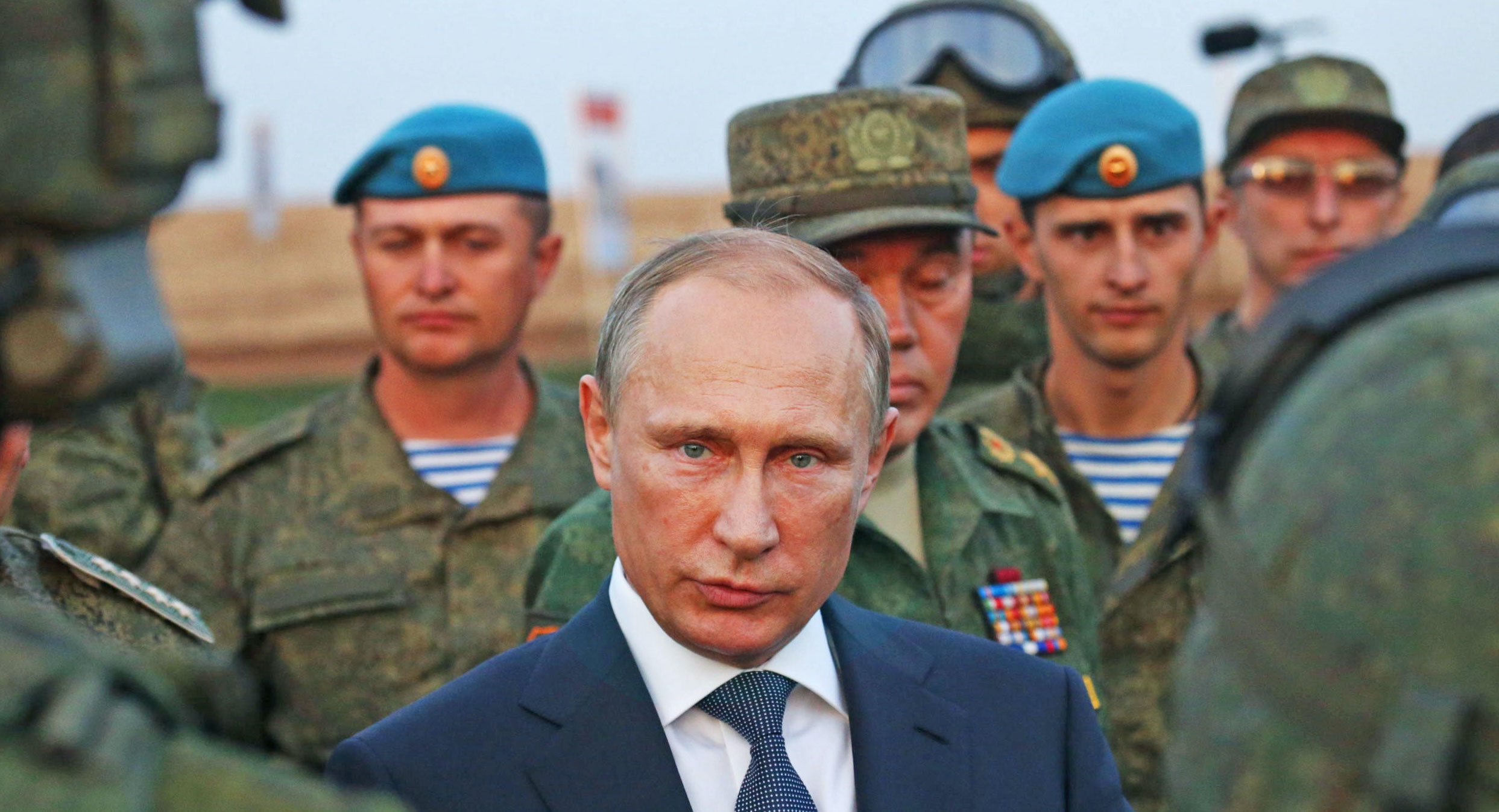As the seasons change, the war in Ukraine has entered a new phase. Following a series of major reverses the Russians are digging in, in the hope that the autumn rains will bog down any further Ukrainian counter-offensives, perhaps allowing time to train and equip their newly-mobilised conscript army for a second push next spring.
In the meantime, Russia’s attention has shifted towards knocking out Ukraine’s electrical grid from the air. Over the past three weeks, waves of cruise missile and Iranian Shahed drone strikes have battered Ukraine’s power infrastructure, damaging or destroying around 40% of its power network, leading to blackouts and outages across the country, including western cities hitherto barely affected by the war. In his nightly address last night from a blacked-out Kyiv, standing next to a downed Shahed UAV, Zelensky asserted: “We are not afraid of the dark. The darkest times for us are not without light, but without freedom.”
But if the disruption of power supplies continues into winter, it will affect civilian morale, as is no doubt intended. Urging Ukrainians to limit their electricity consumption on Wednesday, Zelensky stated that “Russian terrorists have created such difficult conditions for our energy workers that no one in Europe has ever seen or encountered” but “we need victory over Russia in the energy sphere as well.”
The coinciding of the new bombing campaign with the appointment of the Russian Air Force general Sergey Surovikin, who oversaw much of the brutal and successful aerial bombardment of rebel-held Syrian cities following Russia’s 2015 intervention, has naturally led to speculation that his appointment is an attempt to apply the “Syrian playbook” to Ukraine.
Yet expert analysts urge caution: as the Institute for the Study of War observed, all the Russian commanders overseeing the Ukraine war so far have previously commanded operations in Syria, using much the same methods. In any case:
If anything, the surprise is that Russia did not pursue this aerial campaign at the beginning of the war. A “shock and awe” campaign against civilian and dual-use infrastructure, like American bombing of Iraq’s power nodes in 2003, would ordinarily precede a ground offensive. Perhaps the better analogy is with the 1999 NATO bombing campaign against Yugoslavia, in which the destruction of the electric grid only began after three months of limited success striking military targets.
NATO spokesman Jamie Shea briefed then that “the fact that lights went out across 70% of the country shows that NATO has its finger on the light switch now… We can turn the power off whenever we need to and whenever we want.” No doubt Putin, who frequently cites NATO’s Kosovo intervention as a precedent, is aiming to send a similar message. But the takeaway lesson is surely that Russia has dialled back its war aims, even as the conflict’s hardships affect a broader swathe of Ukraine’s civilian population.
Back in February, Putin ordered lightly-armed troops to invade much of Ukraine, leaving the country’s infrastructure intact in the seeming belief the war would end in days with a puppet government installed. In destroying Ukraine’s power grid, Putin is signalling, perhaps unintentionally, acceptance that his broadest ambitions will not be realised. Ukraine’s civilian infrastructure is now a target precisely because the country will not become part of Russia’s sphere of influence. The escalation of the bombing is in its own way a quiet admission of defeat.











Join the discussion
Join like minded readers that support our journalism by becoming a paid subscriber
To join the discussion in the comments, become a paid subscriber.
Join like minded readers that support our journalism, read unlimited articles and enjoy other subscriber-only benefits.
Subscribe